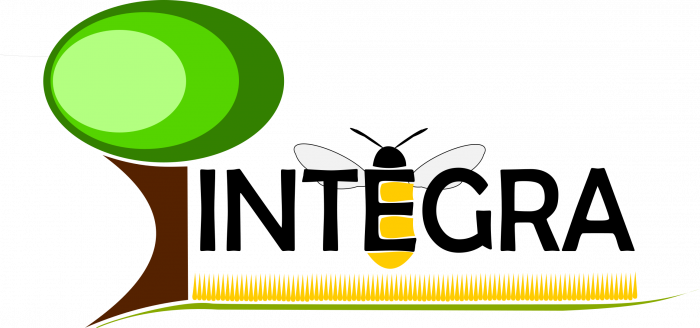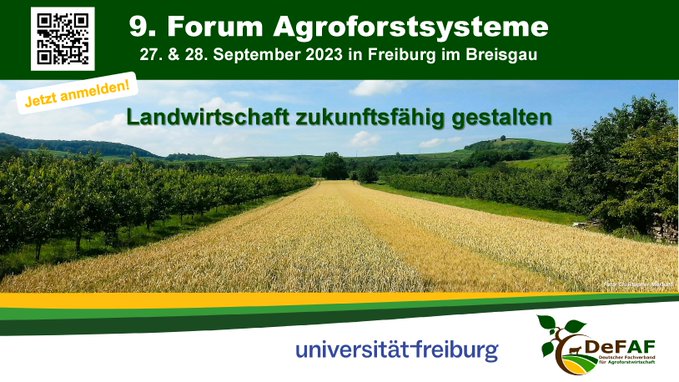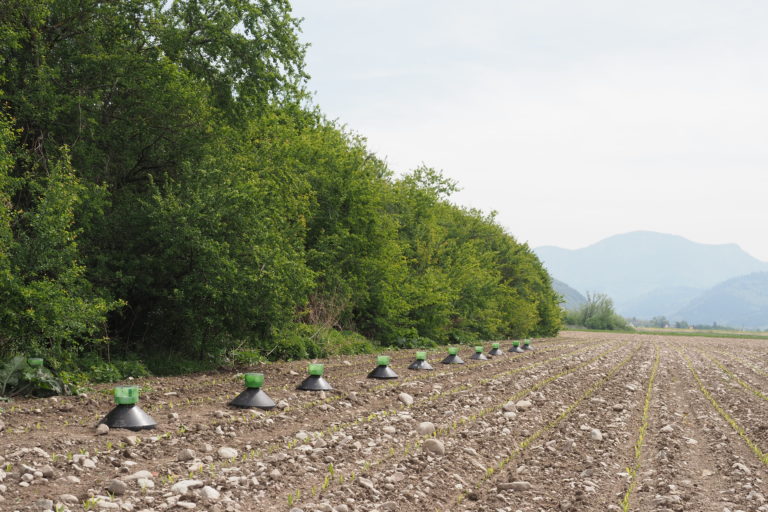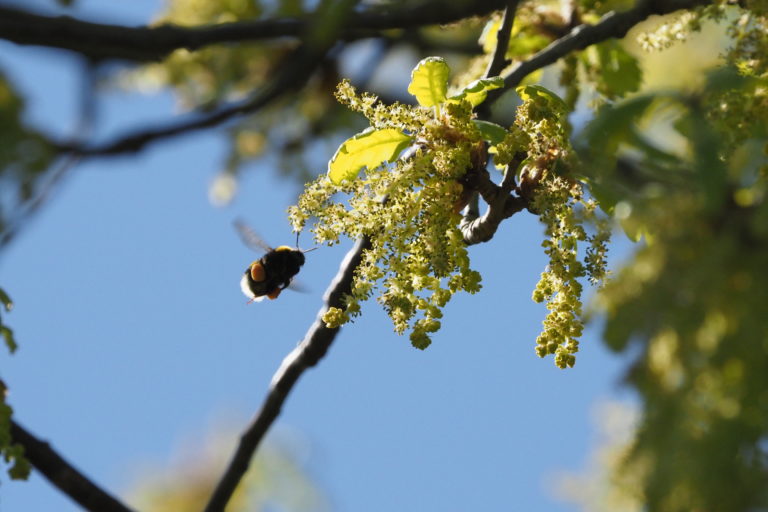INTEGRA
INTEGRA
Integration of habitat structures
in agricultural areas for the promotion of pollinator insects
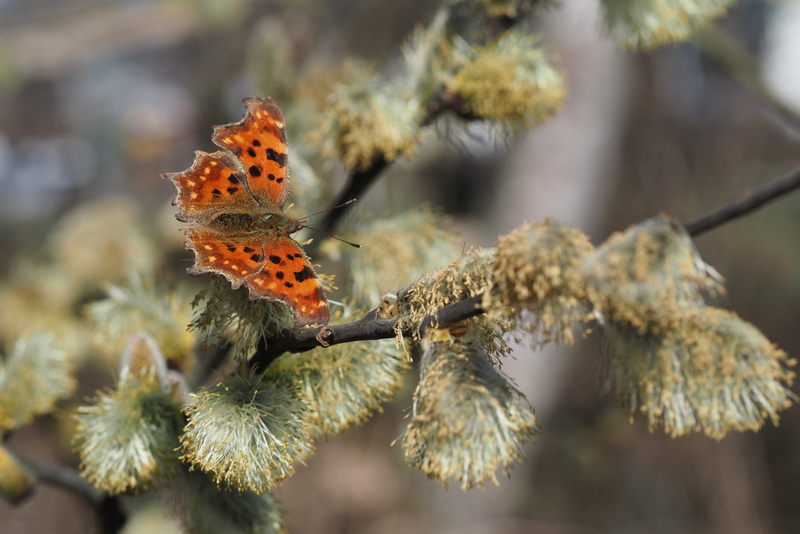 | 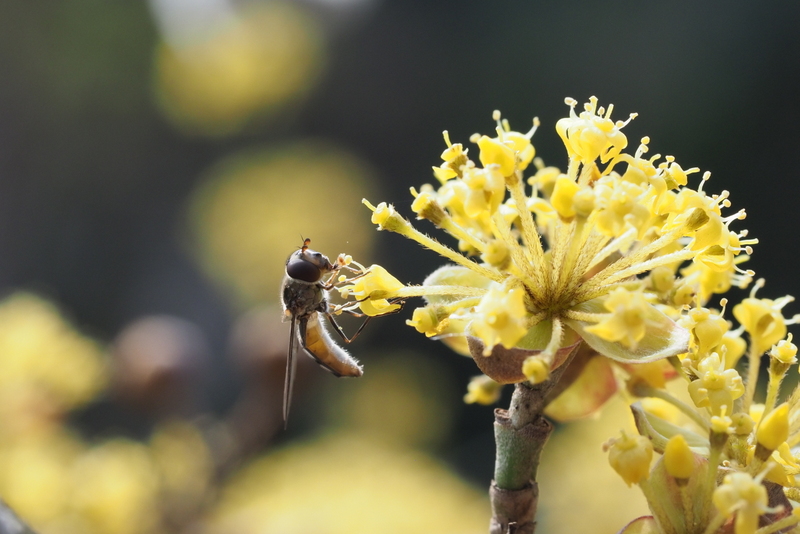 | 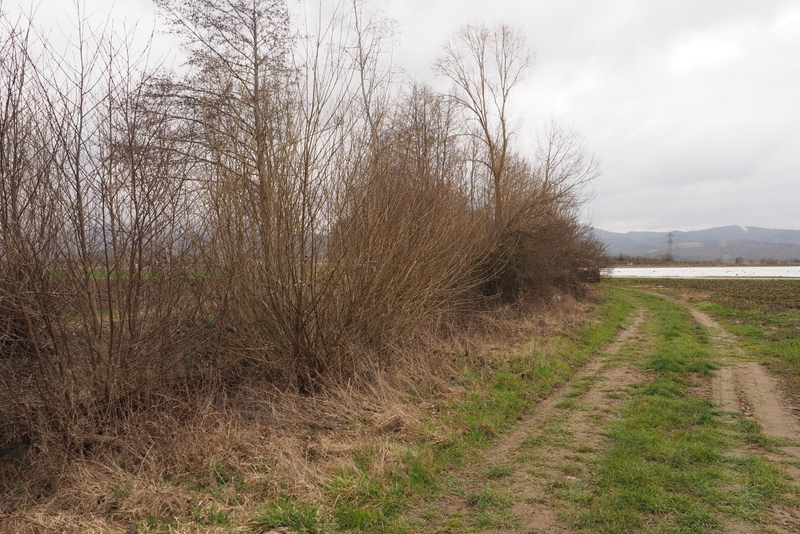 | 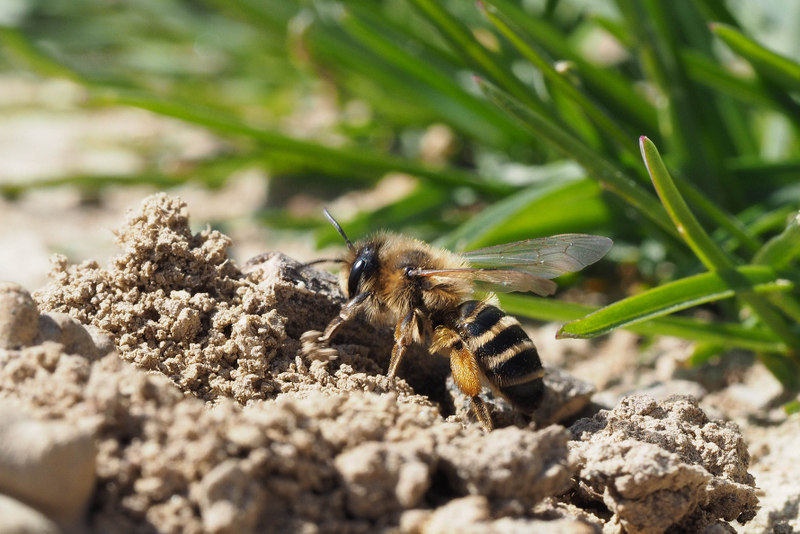 | 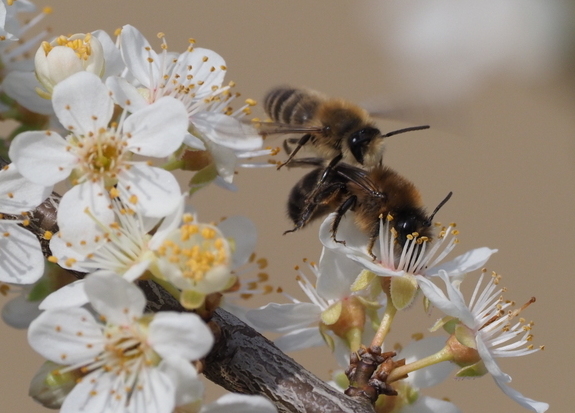 |
Team: Prof. Dr. Alexandra-Maria Klein Dr. Henning Nottebrock Dr. Felix Fornoff
Chair of Forest Growth and Dendroecology Prof. Dr. Thomas Seifert (project leader) Dr. Christopher Morhart Chair of Transformation towards Sustainable Energy Systems Dr. Cathrin Zengerling Institute of Soil Science and Land Evaluation (Uni Hohenheim) Dr. Sebastian Gayler | Duration: October 2021 - October 2024 Funding:
|
Providing optimal protection for pollinating insects The scientists are analyzing not only the side effects and interactions between trees and shrubs but also the agricultural crops. This includes various aspects such as how trees affect the lighting regime, or how carbon storage takes place in the trees. Using eco-physiological models that also take plant growth into account, these interactions are then quantified and together with the findings form the basis a high-resolution spatial modeling of the entire system. The results of this modeling will then be used by the researchers to develop a freely-available software tool to aid the spatial planning of the habitat characteristics of agricultural systems. The software tool integrates existing data with new data from the project about the contribution of trees and shrubs to agricultural landscapes, to ensure a year-round supply of diverse food for typical pollinating insects such as honey bees, solitary bees, bumblebees and hoverflies, and optimize the availability of nesting places. The software tool will enable farmers as well as landscape planners and the authorities to virtually arrange trees and shrubs spatially and to quantify the effect on pollinating insects regarding the suitability of areas as a potential habitat for them. Consequently, users of the tool can plan-in protection and support for pollinating insects in the areas and then implement it optimally. Legal framework for agroforestry systems Besides their work in the area of natural sciences, the INTEGRA project researchers are focused on revising the legal framework for the combined farming systems, known as agroforestry systems, that arise from the integration of trees and shrubs in agricultural systems. “Since there are still considerable gaps in this area, reviewing and revising the legal support structure for this system is an elementary part of the project,” explains Dr. Morhart. The newly-developed tool will also integrate the legal framework and potential sources of funding, enabling this to be included and taken into account during the planning process.
Master thesis in 2022: "Hecken als Nisthabitat und Nahrungsressource für Bienen"
more Info: Public Relations Albert-Ludwigs-University Freiburg 06/11/2021 "Improving Habitat for Pollinating Insects" | |||||||||

